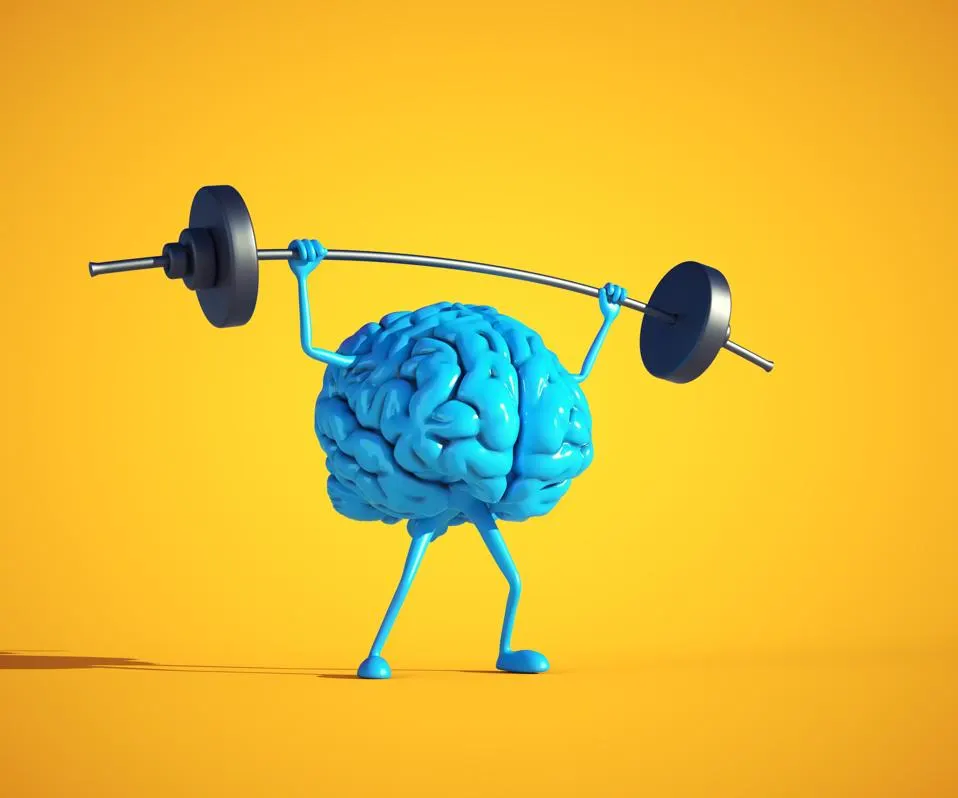Key Strategies for Enhancing Brain Health
Brain health is intrinsically linked to behavioral health, as the state of the brain significantly influences mood, emotions, behavior, and overall mental well-being. Promoting brain health involves adopting habits and lifestyle choices that support optimal brain function, which can, in turn, improve behavioral health. Here are some strategies to enhance brain health for better behavioral health:
Key Strategies for Enhancing Brain Health
Nutrition:
Balanced Diet: Consuming a diet rich in fruits, vegetables, whole grains, lean proteins, and healthy fats supports brain function.
Omega-3 Fatty Acids: Found in fish, flaxseeds, and walnuts, these fats are crucial for brain health and can reduce symptoms of depression and anxiety.
Antioxidants: Foods high in antioxidants, such as berries, dark chocolate, and leafy greens, help protect brain cells from damage.
Physical Exercise:
Regular Physical Activity: Engaging in regular exercise, such as walking, running, or yoga, increases blood flow to the brain and promotes the growth of new brain cells.
Aerobic Exercise: Activities like swimming and cycling can improve cognitive function and reduce symptoms of anxiety and depression.
Mental Stimulation:
Lifelong Learning: Continuously challenging the brain with new activities, such as learning a new language or playing a musical instrument, helps maintain cognitive health.
Puzzles and Games: Engaging in activities like crossword puzzles, Sudoku, and strategy games can enhance memory and problem-solving skills.
Sleep:
Quality Sleep: Aim for 7-9 hours of quality sleep each night to support brain function and emotional regulation.
Sleep Hygiene: Maintain a consistent sleep schedule, create a restful sleep environment, and avoid screens before bedtime to improve sleep quality.
Stress Management:
Mindfulness and Meditation: Practicing mindfulness and meditation can reduce stress, enhance emotional regulation, and improve overall mental health.
Relaxation Techniques: Techniques such as deep breathing exercises, progressive muscle relaxation, and guided imagery can help manage stress and improve brain health.
Social Connections:
Healthy Relationships: Maintaining strong social connections and engaging in positive social interactions can boost brain health and emotional well-being.
Community Involvement: Participating in community activities and volunteering can provide a sense of purpose and improve mental health.
Avoiding Harmful Substances:
Limit Alcohol: Excessive alcohol consumption can damage brain cells and impair cognitive function.
Avoid Drugs: Illicit drug use can have severe negative effects on brain health and behavior.
Quit Smoking: Smoking can harm brain function and increase the risk of cognitive decline.
Regular Check-Ups:
Medical Care: Regular check-ups with healthcare providers can help detect and manage conditions that may affect brain health, such as high blood pressure, diabetes, and mental health disorders.
Mental Health Screening: Early detection and treatment of mental health issues, such as depression and anxiety, can significantly improve brain health and overall well-being.
Integrating Brain Health into Daily Life
Routine Building: Establish a daily routine that incorporates healthy eating, regular physical activity, mental stimulation, and adequate sleep.
Mindful Eating: Practice mindful eating by paying attention to the taste, texture, and nutritional value of food, which can promote healthier eating habits.
Physical and Mental Balance: Balance physical activities with mentally stimulating ones to ensure comprehensive brain health support.
Conclusion
Promoting brain health is essential for improving behavioral health and overall well-being. By adopting a holistic approach that includes proper nutrition, regular exercise, mental stimulation, quality sleep, stress management, strong social connections, and avoiding harmful substances, individuals can support optimal brain function and enhance their emotional and behavioral health. Integrating these strategies into daily life can lead to long-term benefits for both brain health and mental well-being.

